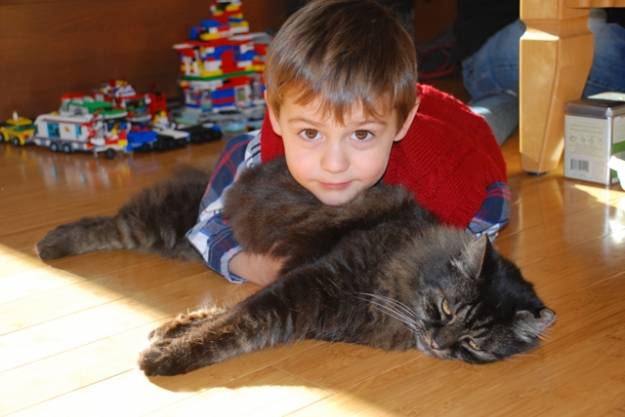When I was a teacher, I learned about this very cool idea—The Bias Free Classroom—I even had a guidebook from the NAEYC (National Association for the Education of Young Children). I was delighted by the perspective broadening concept of questioning my assumptions. I was floored that some of our beliefs about the world, and ourselves, are held so dear that we’re completely  unaware of their existence. Isn’t there a saying about asking a fish what water is, and they don’t know, because they’re swimming in it? I wanted to recognize the water. That meant paying much closer attention.
unaware of their existence. Isn’t there a saying about asking a fish what water is, and they don’t know, because they’re swimming in it? I wanted to recognize the water. That meant paying much closer attention.
So, what is the water? And just to be clear: I’m not saying the water is bad. I am only saying that the water is worth noticing. Several strongly held cultural beliefs to examine, or re-examine, as the case may be, are listed below. Also, some thought provoking questions to start the un-layering process.
Belief #1: Children should develop independence as soon as possible.
Our culture is obsessed with independence. From a very young age, whether subtly or overtly, American children are taught that individualism is of the highest importance. We say things like, “You did it all by yourself,” and “You’re such a big girl,” and, “Only babies do that” to children frequently.
Many years ago, my mind was completely blown at a diversity training that showed a video of the complete normalcy of adults spoon-feeding five-year-olds in some cultures. What makes you uncomfortable about depending on other people? What would our society (and our parenting) look like if we referenced a more inter-dependent model?
Belief #2: Boys are completely different than girls.
In my work with hundreds of toddlers and preschool children, “masculine” and “feminine” traits are widely dispersed among various children depending on their temperaments, not necessarily their gender. Girls spit, shoot guns, and play with trucks. Boys cuddle dolls and dress up as fairy princess. The media, with its never-ending blue-for-boys and pink-for-girls marketing, has weaseled its way into almost every facet of life (think toothbrushes, cereal, and bicycles).
This means that children are sent strong messages from (as the ad execs like to call it) the cradle to the grave—messages that they get loud and clear. Those messages will become their water if we don’t intervene. Do you offer non-gender conforming toys to your children? Do you use biased language? (For example: assuming that doctors and firefighters are always men.)
Belief #3: Children should be kept as safe as can be.
I recently read an article about over-parenting that included a photo of a mother standing next to a bubble-wrapped boy. That hit home. I can so relate to wanting my child to always be safe. And it is so not going to happen.
It was a revelation to me when a friend described an incident in which she carefully assessed her young child’s climbing, told him it was possible he would get hurt, but then refrained from stopping the climbing. She also did not stop the fall, or the resulting minor injury from happening. (She also didn’t scold or lecture him when he got hurt. She likely said, “You were climbing and you fell. I’m sorry that happened, are you okay?”)
Children, like all people, learn from their mistakes. Trying to keep them safe always can create undue stress and anxiety. For us—and for them. What would it look like if you were calm and supportive of your child’s age appropriate risk-taking? Could you be a safe harbor for them to land in and feel the pain and disappointment that comes when things don’t go well?
Belief #4: We should be happy.
We want to be happy! We want our partners and children to be happy. I hate to say it, but happy is not entirely realistic or sustainable. We are just not built for all-the-time-happy. We are wired for a myriad of emotions—a range from the deepest sadness to the highest exaltation. None of these feelings are unwanted. All of them help us stay grounded in ourselves.
Emotional honesty, competence, and literacy might be better goals—noticing emotions will help us get back to a regulated state when we have lost our equilibrium. What messages did you receive about happiness, achievement, and success? What messages are you sending?
Now that you have looked at some closely held social constructs and come to recognize that you are swimming in the “water” of our culture’s beliefs, what new possibilities do you see?